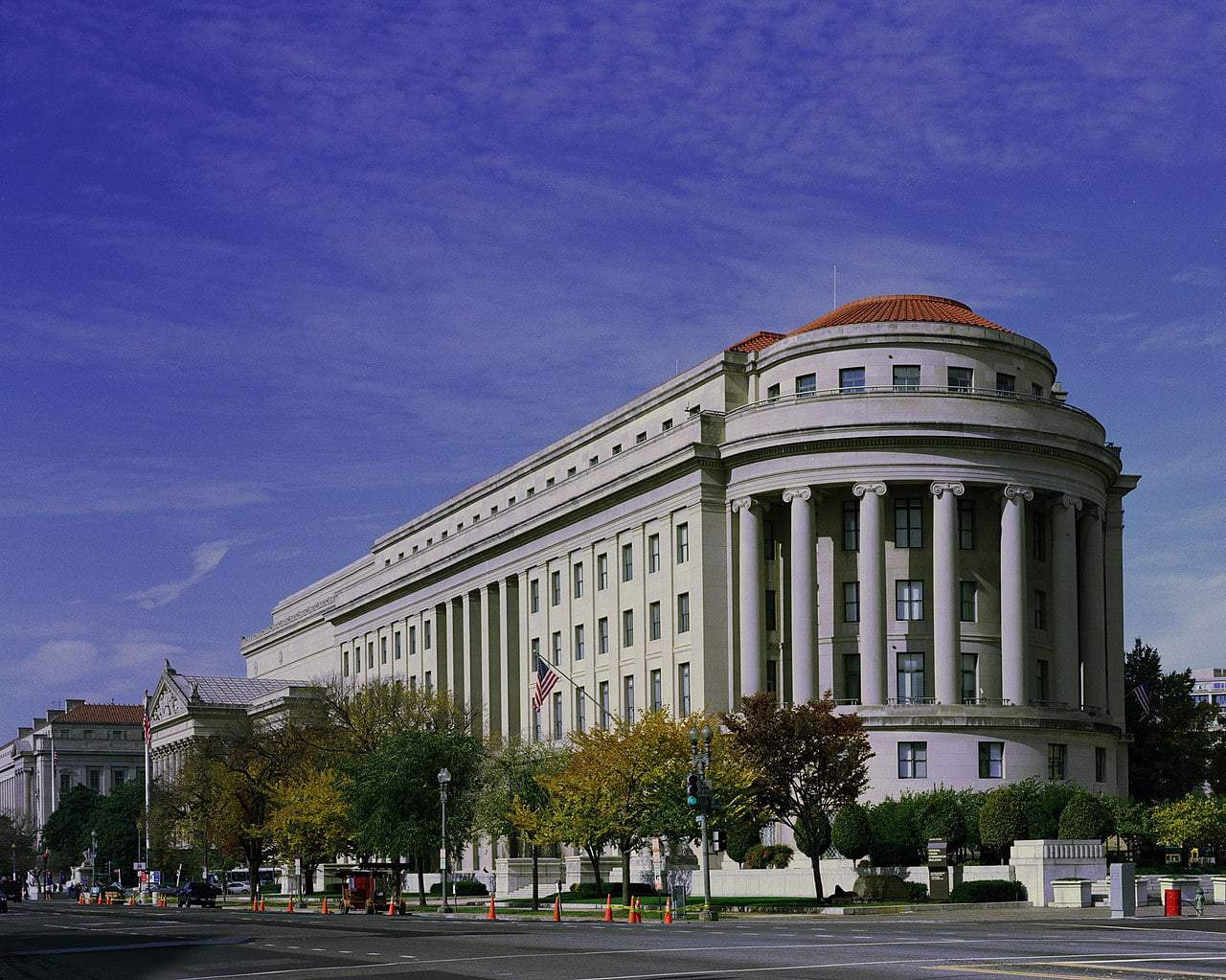
There is a case of importance and promise for injecting Constitutional protections in proceedings by administrative agencies. Faced with a recalcitrant Federal Trade Commission (“FTC”), AXON Enterprises, Inc. (“AXON”) sued the FTC in federal court on January 3, 2020 seeking declaratory and injunctive relief from the process that the FTC plans to use against it. AXON’s suit is not about antitrust primarily, but about whether fairness and due process requirements apply to the government. Axon v. FTC, et al., Case No. 2:20-cv-00014-DMF, (D. Ariz. Jan. 3, 2020).
That evening Jan. 3, 2020 after close of business, not content with a case before a neutral federal judge, the FTC filed its administrative process case before itself! In the face of AXON’s well-pleaded federal district court Complaint, the FTC filed a tardy Administrative Complaint in its own offices where AXON will be tied up for years with only a foreordained outcome in the offing until it gets to a circuit court. A circuit court lacking the powerful ability to find facts, which the Courts have surrendered to the FTC. Nothing prevented the FTC from filing in federal district court, except the prospect of having to prove its case before an unbiased federal judge appointed under Article III of our Constitution. Not surprisingly, the FTC chose its own administrative law judge (“ALJ”) instead. He is unbound by the Federal Rules of Evidence, the Federal Rules of Civil Procedure, and key provisions of the Bill of Rights.
It is an astounding fact that in every case for a quarter of a century before an FTC ALJ, whenever the ALJ ruled in favor of the Defendant, the appeal to the Commission reversed the ALJ. And, in every case, if the ALJ ruled for the FTC, it upheld him. Litigating in front of its own ALJs is literally a no-lose proposition for the FTC. That is because the appeal always goes to the very commissioners who voted to institute the administrative proceeding in the first place! A quarter-century winning streak would be the envy of Kim Jong Il, but it’s worrisome for an agency of a constitutional government.
The FTC’s favored narrative that everyone the FTC sues is liable because the FTC always picks good cases is ludicrous. Even a mobster fixing fights lets the palooka win once in a while. The FTC can only be brought to heel by appellate courts, but they are constrained both by a standard of review favorable to the government and an administrative factual record shaped by the government and its ALJ. What’s more, the court of appeals can often only be reached after exhausting expensive and time-consuming administrative proceedings.
The FTC and some commentators disparage AXON’s attack on the “administrative state,” noting certain unfavorable court precedents. But both fail to internalize the new legal playing field. Companies and individuals have been winning important court victories recently on arguments that we must return to our constitutional order if our freedom is to be kept, or in some cases, regained. In Lucia v. SEC the Supreme Court struck down the appointment of ALJs not in accord with the Constitution (NCLA now represents Mr. Lucia). In LabMD v. FTC (brought by the Cause of Action Institute Mr. Vecchione’s former employer), the 11th Circuit struck down the FTC’s high-handed use of vague and overbroad injunction orders that the agency had used for years. Rather than appeal to the Supreme Court, the agency is adhering to that ruling throughout the country. There is right now a direct attack on FTC’s long-claimed power to order disgorgement, in AMG v. FTC. The Supreme Court has before it a similar case challenging the disgorgement power of the SEC. The courts are now receptive to arguments that administrative agencies must be kept within constitutional bounds.
In the AXON case the FTC is not seeking to simply unwind an allegedly wrongful merger. FTC claims the power to direct AXON to give a new entity patents that AXON owns and had before the purchase! Without a jury guaranteed by the 7th Amendment to the Constitution, and without an impartial judge guaranteed by Article III of the Constitution, the FTC purports to be able to strip AXON of private property having nothing to do with its subsequent purchase of another company.
As cases like Lucia and LabMD demonstrate, the only unwinnable cases against the administrative state are those that are never fought. AXON is right to take the fight to the FTC. It should be commended, not treated to gloom-and-doom predictions that fail to account for the constitutional vistas opened by the Supreme Court’s newfound suspicion of ill-constituted, overreaching executive agencies.
John Vecchione, Senior Litigation Counsel and Adi Dynar, Litigation Counsel are with the New Civil Liberties Alliance, which represents clients pro bono against the Administrative State.
